30 Times Hollywood Stars Said ‘No’ to Roles That Became Legendary
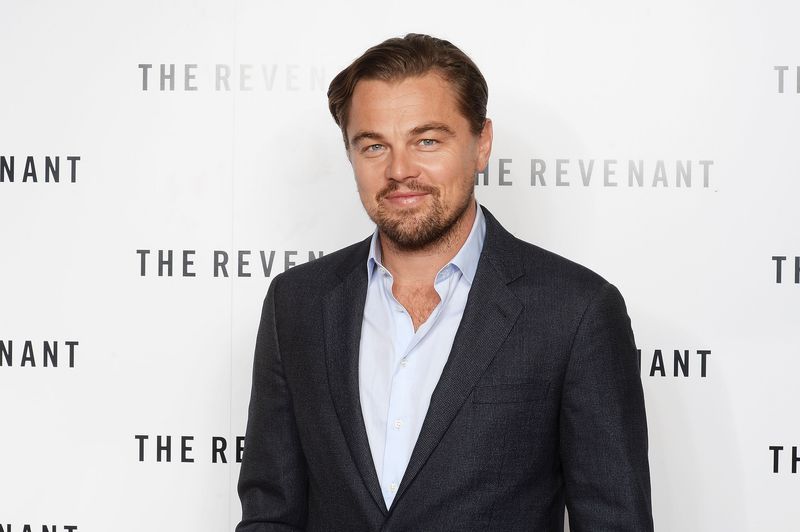
Hollywood is full of “what ifs.” Some of the biggest stars in the world have passed on roles that later became legendary, changing not only their own careers but also the history of film. From superheroes and sci-fi icons to Oscar-winning performances, these missed opportunities prove that even A-list actors don’t always recognize a hit when they see one.
1. Will Smith — Neo (The Matrix)
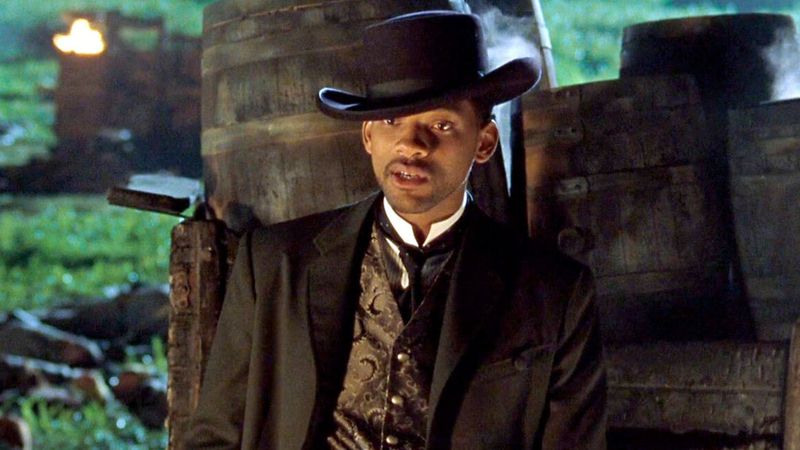
Keanu Reeves will forever be remembered as Neo, but it almost wasn’t him. Will Smith had the chance to take on the now-iconic role, yet he famously turned it down.
At the time, Smith didn’t fully grasp the Wachowskis’ vision and thought the pitch sounded confusing. Instead, he chose to star in Wild Wild West, which bombed with critics and audiences alike.
Looking back, Smith admitted that Reeves was probably the better fit, calling him “perfect” for the part. Still, fans can’t help but wonder how different The Matrix would have been with Smith as the chosen one. The rejection turned into a career-defining win for Reeves and a legendary Hollywood “what if” for Smith.
2. Sean Connery — Gandalf (The Lord of the Rings)
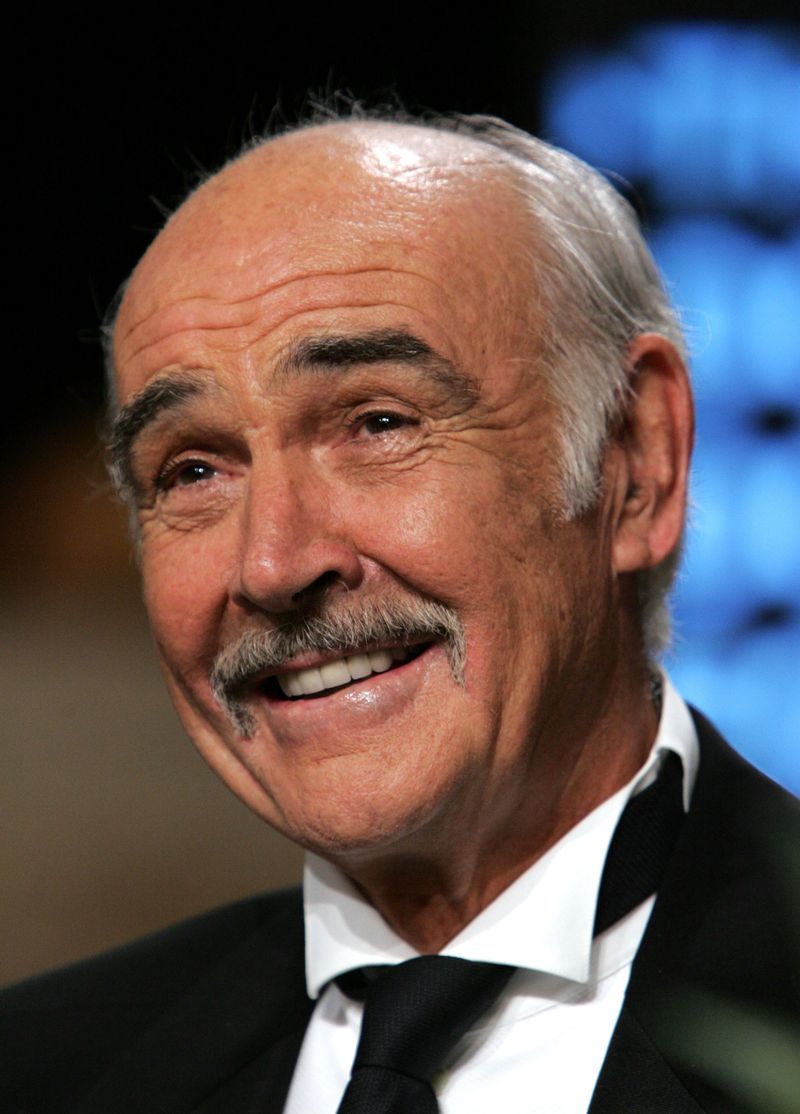
Few fantasy characters are as beloved as Gandalf, and it’s hard to picture anyone but Ian McKellen with the long beard and staff. But Sean Connery was the studio’s first choice. The legendary James Bond actor turned the role down because he didn’t understand the script, reportedly saying he “never got it.”
That decision cost him more than just a role. The part came with a massive profit-sharing deal that could have earned Connery hundreds of millions as The Lord of the Rings became a global phenomenon.
In the end, McKellen’s performance became iconic, while Connery’s rejection is remembered as one of the most expensive mistakes in movie history.
3. Tom Selleck — Indiana Jones (Raiders of the Lost Ark)
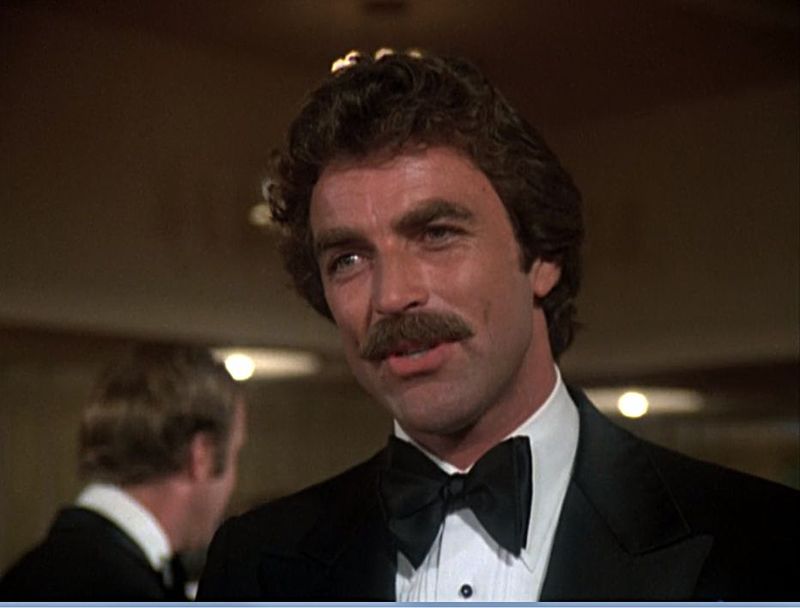
Harrison Ford may seem born to play Indiana Jones, but the fedora and whip almost belonged to Tom Selleck. He was cast as the adventurous archaeologist but had to back out because of his commitment to the TV show Magnum P.I.. Timing, as they say, is everything.
Selleck has admitted he would have loved the part, but destiny had other plans. Ford stepped in and transformed Indiana Jones into one of the most enduring characters in film history.
While Selleck’s career remained successful, fans still picture him in that brown leather jacket and wonder what kind of Indy he would have been. It’s one of Hollywood’s great “sliding door” moments.
4. John Travolta — Forrest Gump (Forrest Gump)
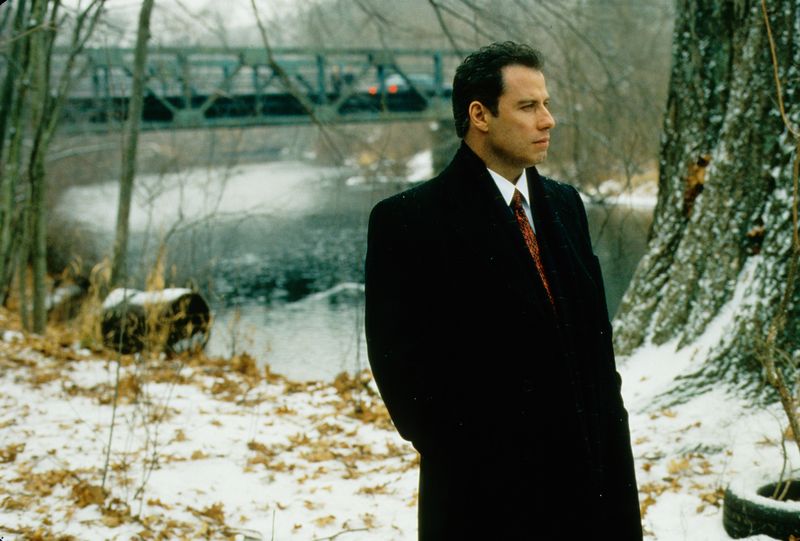
The role of Forrest Gump became a career-defining moment for Tom Hanks, but it almost went to John Travolta. At the time, Travolta was riding high on his fame and decided to pass on the quirky Southern character. He couldn’t see the charm in the script and didn’t think audiences would embrace it.
That choice turned out to be a major misstep. Forrest Gump went on to win six Academy Awards, including Best Picture, and earned over $600 million at the box office. Travolta later admitted that he regretted saying no.
While his career eventually rebounded with films like Pulp Fiction, the missed opportunity is one of Hollywood’s most talked-about “what ifs.”
5. Denzel Washington — Det. David Mills (Se7en)
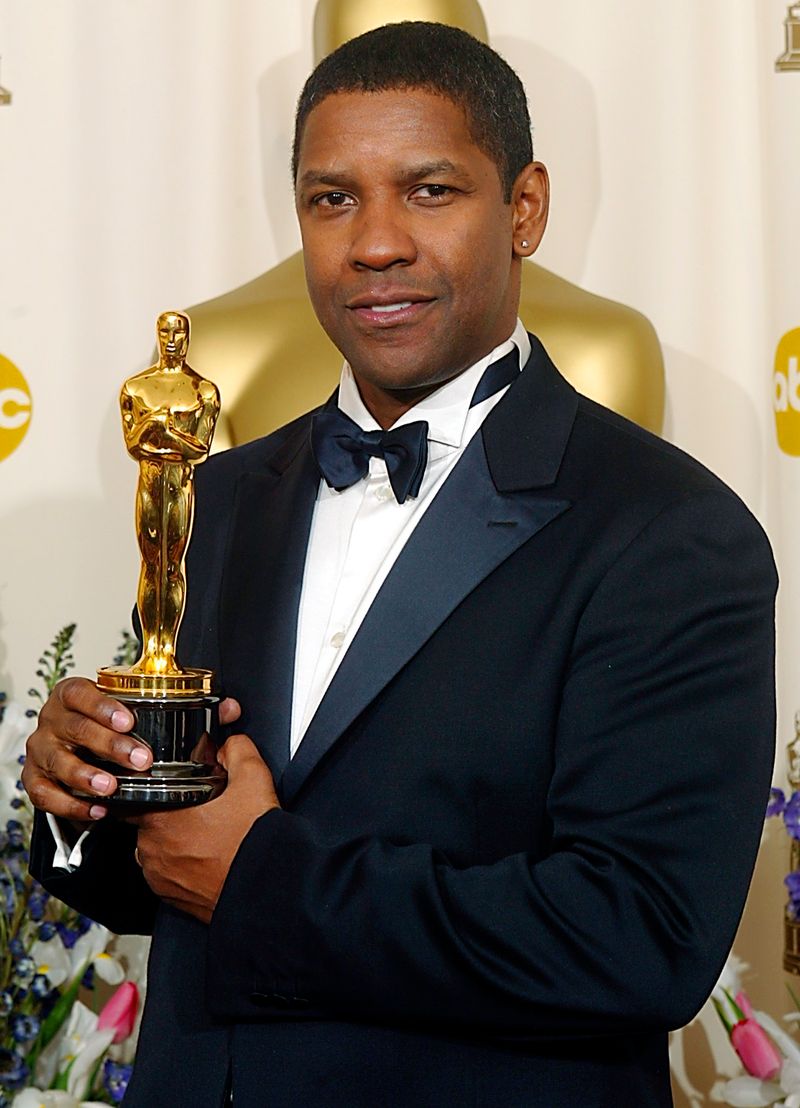
Before Brad Pitt took on the gritty role of Detective David Mills in Se7en, Denzel Washington had first dibs. Washington turned it down because he found the script too dark and unsettling. At the time, he preferred not to dive into such grim subject matter.
Pitt, of course, went on to deliver one of his most memorable performances, helping cement his career as a serious actor. Washington has since admitted that he regretted the decision after seeing how powerful the movie turned out.
It remains one of those fascinating examples where an actor’s personal instincts kept them away from a project that later became a modern classic.
6. Claire Danes — Rose (Titanic)
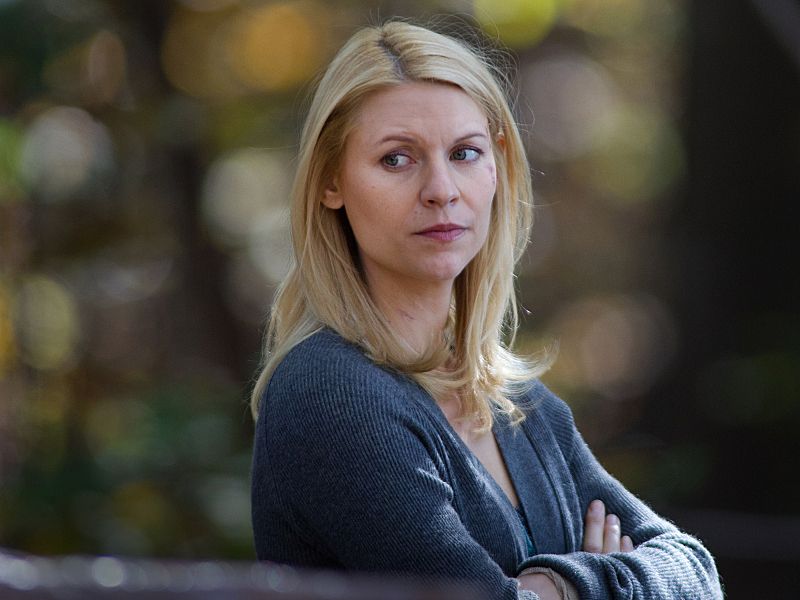
The epic love story at the heart of Titanic could have looked very different. Claire Danes was approached to star as Rose alongside Leonardo DiCaprio but decided against it. Having just finished Romeo + Juliet with DiCaprio, she didn’t want to immediately repeat another intense romance.
Kate Winslet took the role instead, and the rest is history. Winslet’s performance made her a household name and earned her an Oscar nomination. Danes, meanwhile, moved on to other projects but later revealed she had no regrets.
Still, it’s hard to imagine anyone else leaning over the ship’s railing whispering, “I’m flying, Jack!” The rejection helped solidify one of the most iconic casting choices ever.
7. Leonardo DiCaprio — Anakin Skywalker (Star Wars: Episode II)
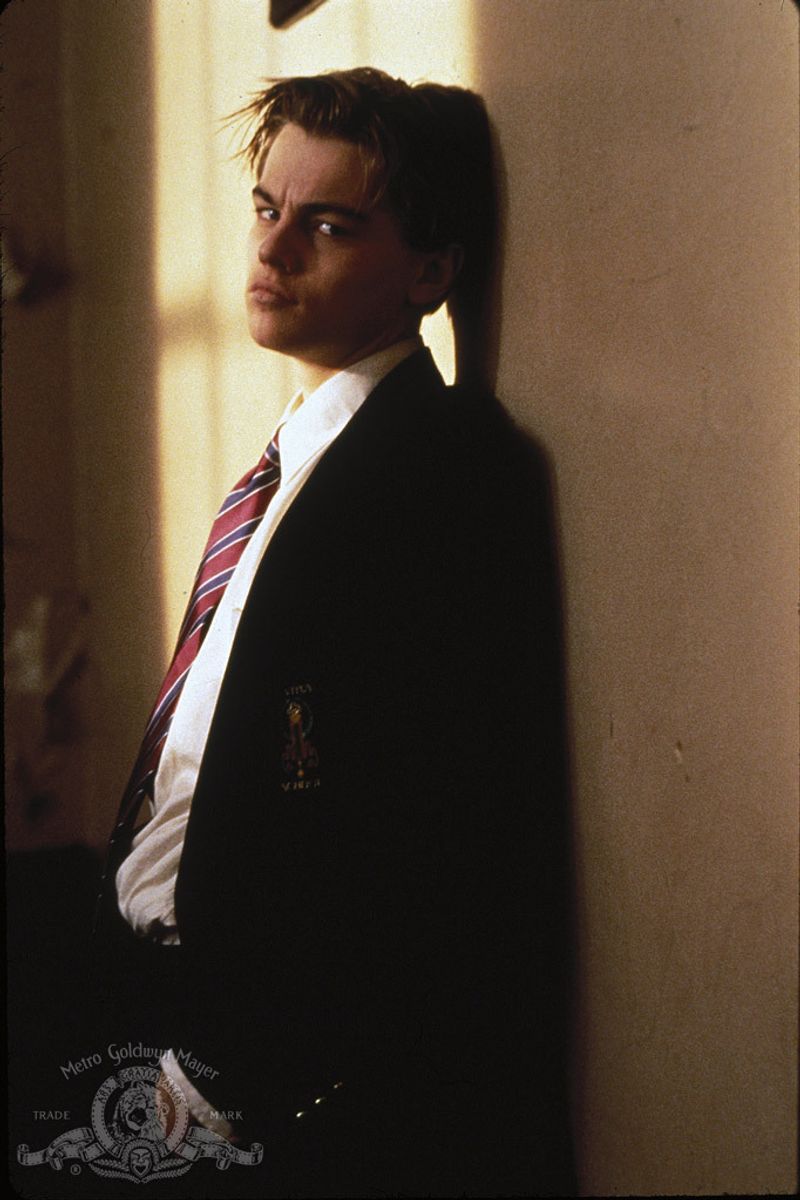
George Lucas once considered Leonardo DiCaprio to play Anakin Skywalker in Attack of the Clones. Fresh off the success of Titanic, DiCaprio was one of the biggest stars on the planet. Yet he declined the role, saying he didn’t feel ready to take on such a massive franchise at the time.
Hayden Christensen ultimately stepped into the role, and fan reactions remain divided to this day. While Christensen’s portrayal has its defenders, many still wonder how DiCaprio might have reshaped the prequel trilogy.
It’s a reminder that even the brightest young stars sometimes prefer to wait rather than jump into a galaxy far, far away.
8. Al Pacino — Han Solo (Star Wars: A New Hope)
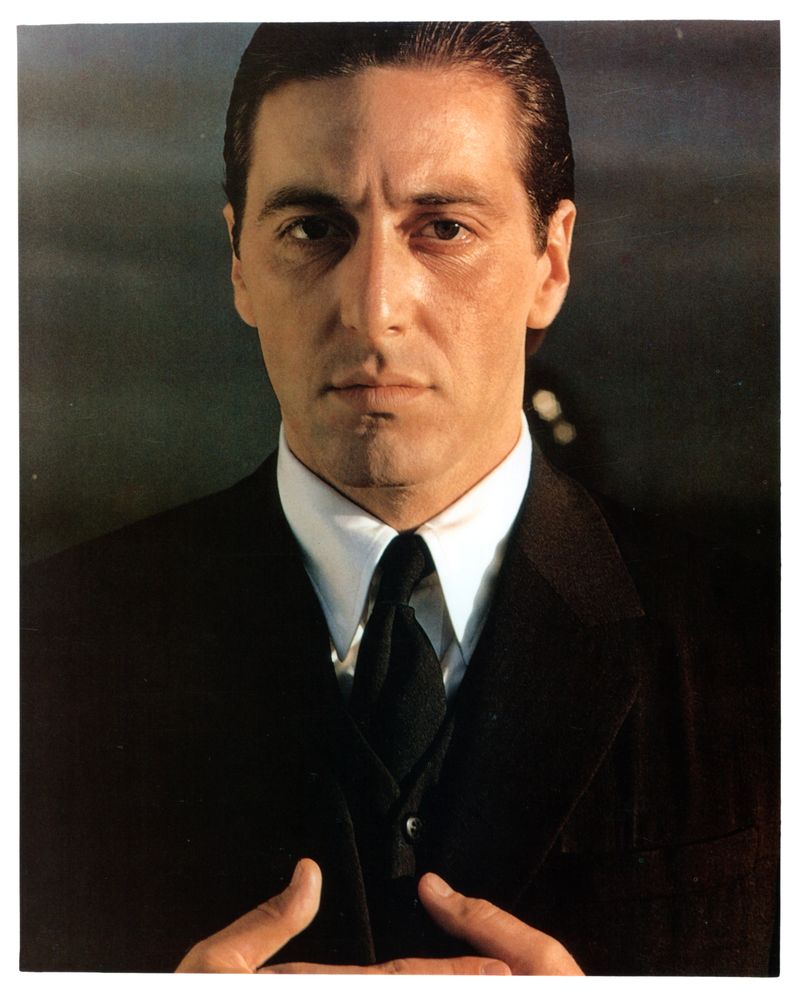
Long before Harrison Ford became Han Solo, George Lucas offered the role to Al Pacino. Coming off the success of The Godfather, Pacino was a hot commodity in Hollywood. However, he turned it down because he found the script confusing and didn’t fully understand the story.
That decision worked out for Ford, who went from a relative unknown to one of the biggest stars of his generation. Pacino later joked about it, admitting he could’ve been the one saying, “May the Force be with you.”
Instead, he focused on more grounded dramas, leaving the space smuggling and sarcastic one-liners to Ford.
9. Jack Nicholson — Michael Corleone (The Godfather)
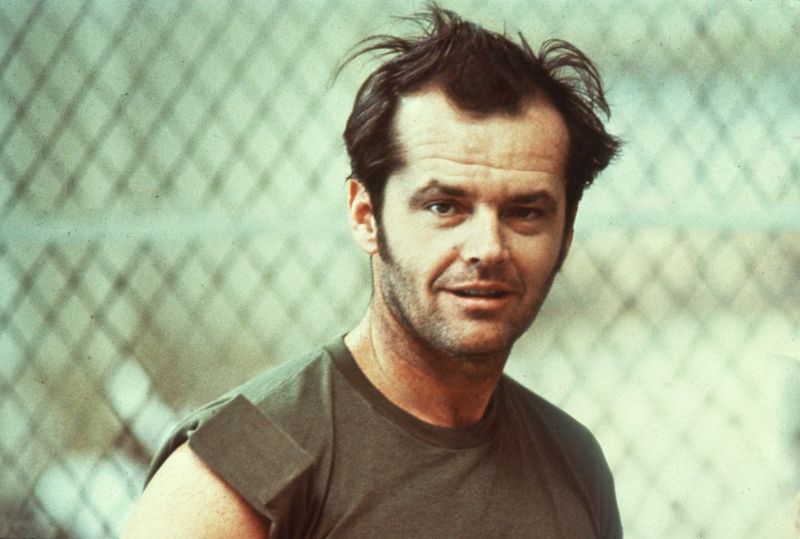
One of the most fascinating casting “what ifs” is Jack Nicholson turning down the role of Michael Corleone. Francis Ford Coppola wanted Nicholson, but the actor declined, saying he believed Italians should play Italians. His decision cleared the way for Al Pacino to land the career-making role.
The result is one of the greatest performances in cinema history. Pacino’s transformation from reluctant son to ruthless mafia boss remains legendary.
Nicholson, meanwhile, had no shortage of success with films like One Flew Over the Cuckoo’s Nest and The Shining. Still, it’s wild to think how different The Godfather trilogy might have been with Nicholson at its center.
10. Michelle Pfeiffer — Clarice Starling (The Silence of the Lambs)
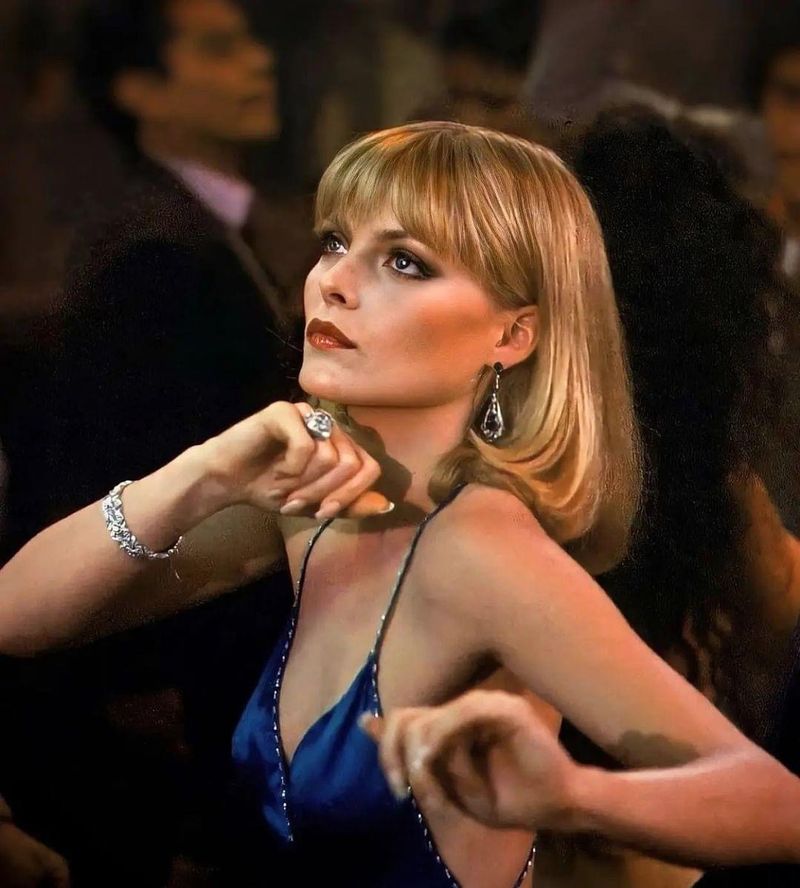
When Jonathan Demme was casting The Silence of the Lambs, he initially approached Michelle Pfeiffer for the role of Clarice Starling. She declined because she felt the material was too dark and disturbing. Pfeiffer admitted she wasn’t comfortable with the film’s tone.
The part eventually went to Jodie Foster, who turned it into an Oscar-winning performance that defined her career. Foster’s portrayal of Clarice is now considered one of the strongest female leads in film history.
Pfeiffer, while already a major star, later expressed that she probably missed out on a landmark role. Sometimes, playing it safe can mean missing cinematic immortality.
11. Hugh Jackman — James Bond (pre-Casino Royale approach)
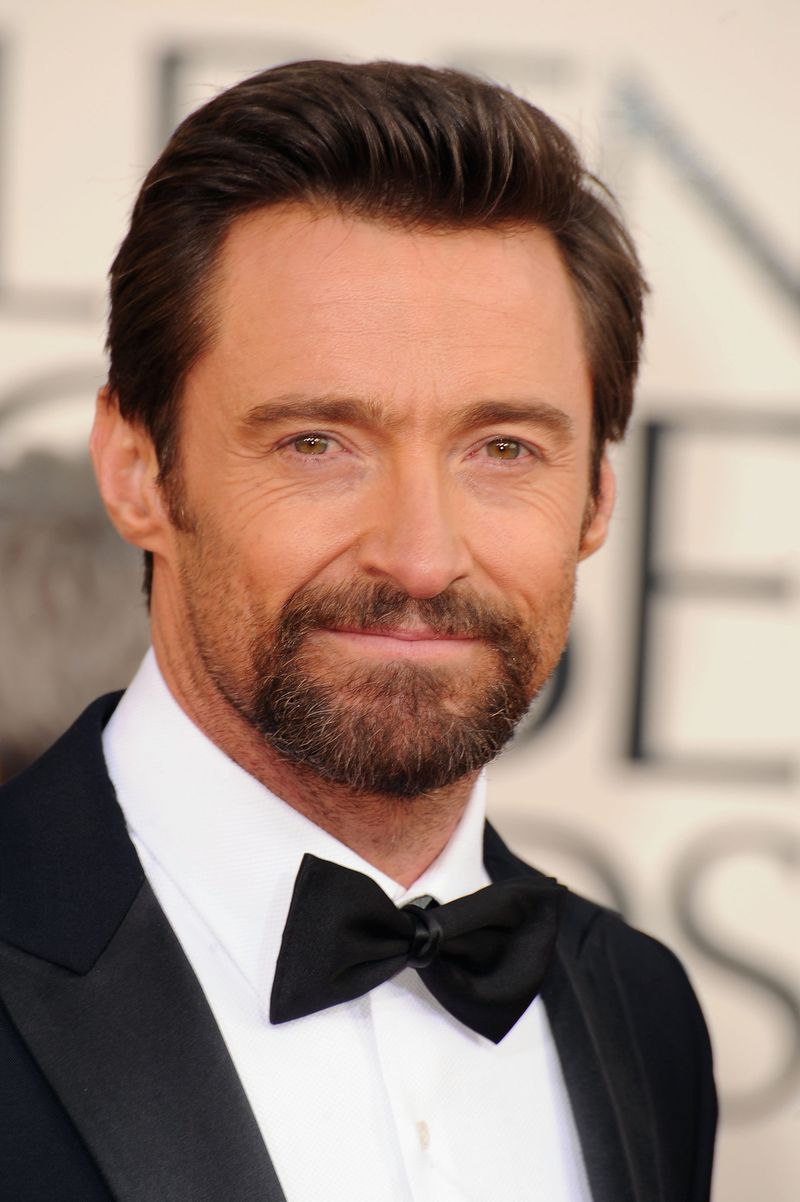
Before Daniel Craig took over as 007, producers had their eyes on Hugh Jackman. Fresh off his X-Men fame, Jackman had the charisma, looks, and action chops for the role. But he turned it down, worried that juggling Wolverine and Bond would typecast him in only action roles.
Craig stepped in and delivered a grittier, more grounded take on the legendary spy. Jackman has since admitted he sometimes wonders what could have been, though he’s never regretted his decision.
Staying with Wolverine gave him a role that defined two decades of his career, proving that sometimes passing on one icon allows you to fully own another.
12. Emily Blunt — Black Widow (Iron Man 2)
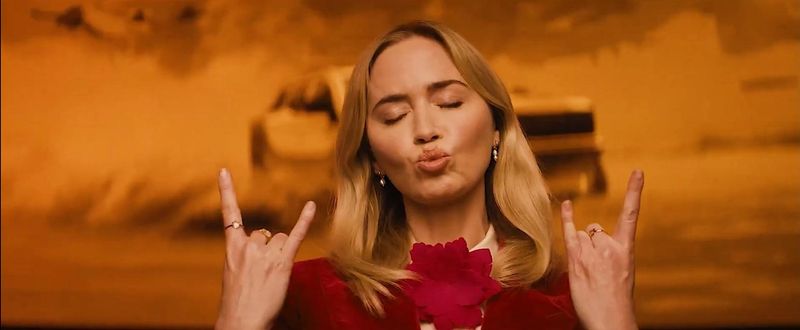
Long before Scarlett Johansson became Natasha Romanoff, Marvel wanted Emily Blunt. She was the top choice for Black Widow in Iron Man 2, but scheduling conflicts forced her to pass. She was locked into a contract for Gulliver’s Travels, which left her unable to take on the superhero gig.
It’s one of those Hollywood quirks where bad timing changes history. Johansson went on to play Black Widow for over a decade, becoming a central part of the Marvel Cinematic Universe. Blunt has said she doesn’t regret the decision, but fans often speculate how she might have redefined the character.
13. Matt Damon — Jake Sully (Avatar)
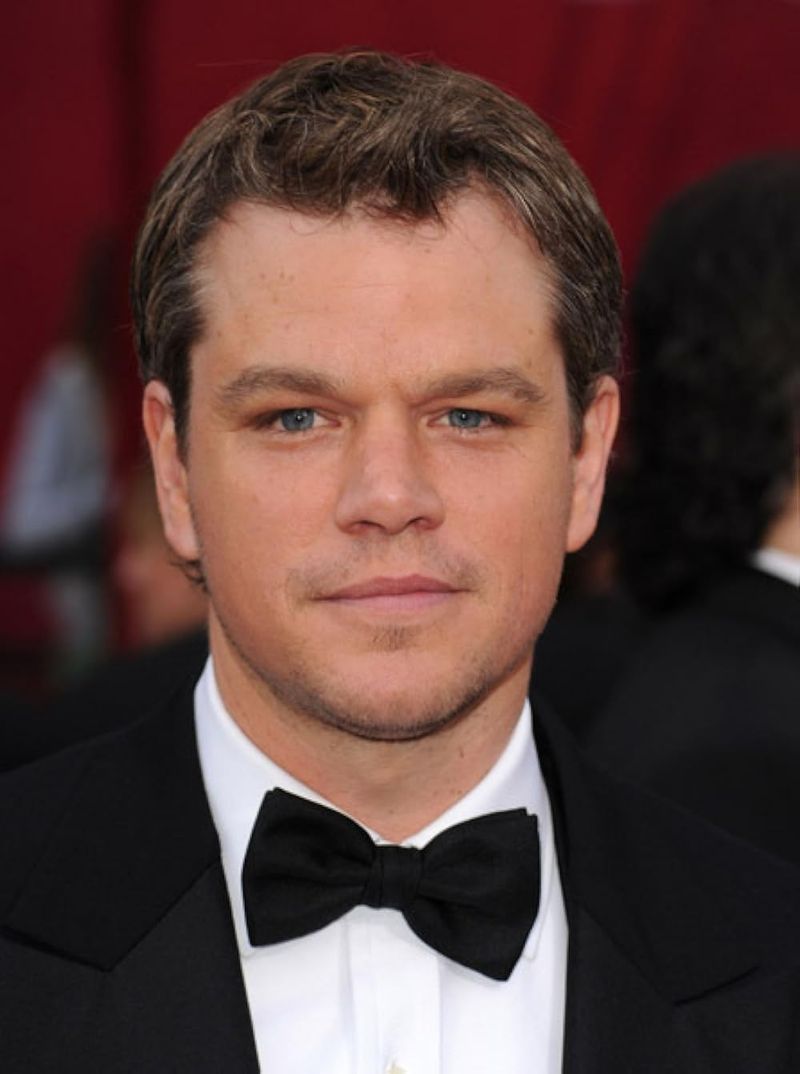
James Cameron offered Matt Damon not only the lead role in Avatar but also a percentage of the box office profits. Damon turned it down because he was already committed to another film and didn’t want to abandon it.
That choice ended up being one of the costliest rejections in movie history. Avatar became the highest-grossing film of all time, raking in billions. Damon later admitted it was a painful miss financially, though he had no regrets about keeping his word to his director friend.
Sam Worthington may have gained the part, but Damon’s honesty showed that integrity sometimes outweighs profits — even in Hollywood.
14. Russell Crowe — Wolverine (X-Men)
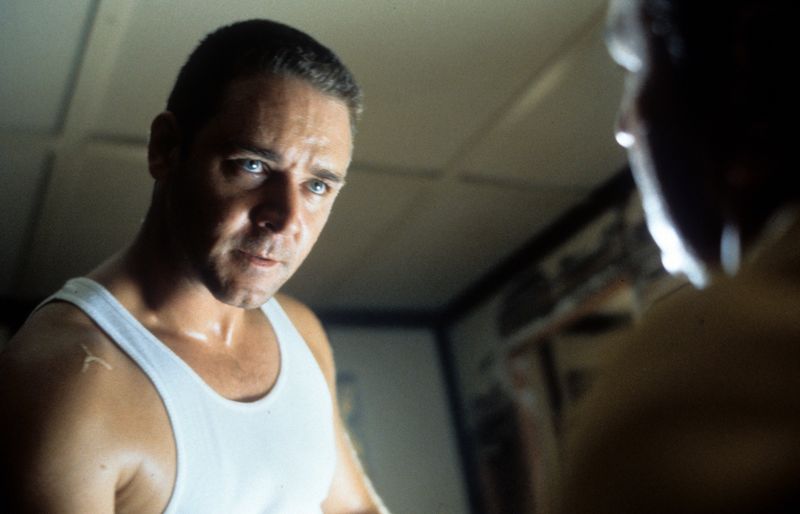
Before Hugh Jackman suited up as Wolverine, the role was offered to Russell Crowe. Fresh off Gladiator, Crowe was one of Hollywood’s most in-demand actors. But he didn’t feel the character suited him and turned it down.
Jackman stepped in and turned Wolverine into his signature role, portraying him across nine films over nearly 20 years. Crowe has since admitted that he doesn’t lose sleep over the decision, but fans love to imagine how he might have approached the gruff, clawed mutant.
In hindsight, the rejection opened the door for Jackman to carve out one of the most iconic superhero performances ever.
15. Christina Applegate — Elle Woods (Legally Blonde)
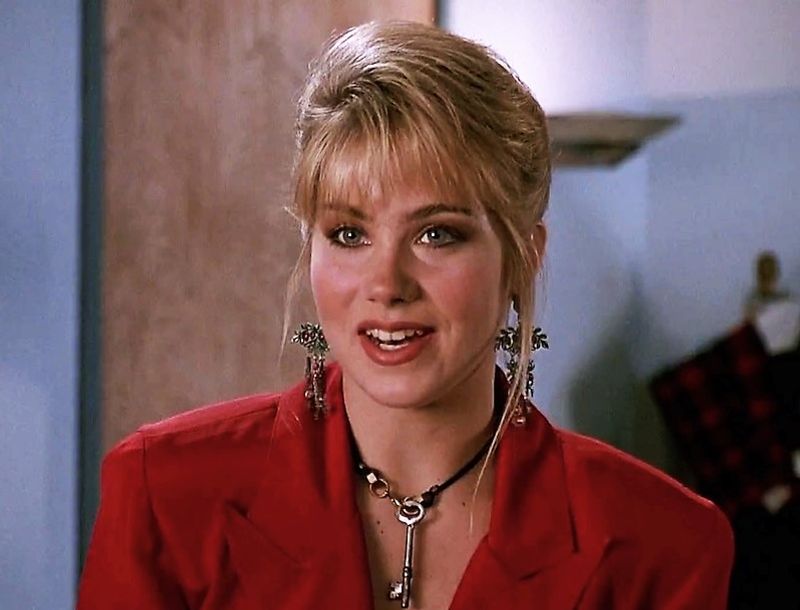
Known for her comedic timing on Married… with Children, Christina Applegate was offered the role of Elle Woods. She worried, however, that playing another bubbly blonde might typecast her. Applegate said she didn’t want to “go down that road again.”
Reese Witherspoon took the part, and it skyrocketed her career, leading to sequels and cementing her as one of Hollywood’s most beloved stars. Applegate later admitted she regretted turning it down after seeing how much audiences loved the character.
It’s one of those cases where trying to avoid typecasting meant missing out on an iconic role.
16. James Caan — R.P. McMurphy (One Flew Over the Cuckoo’s Nest)
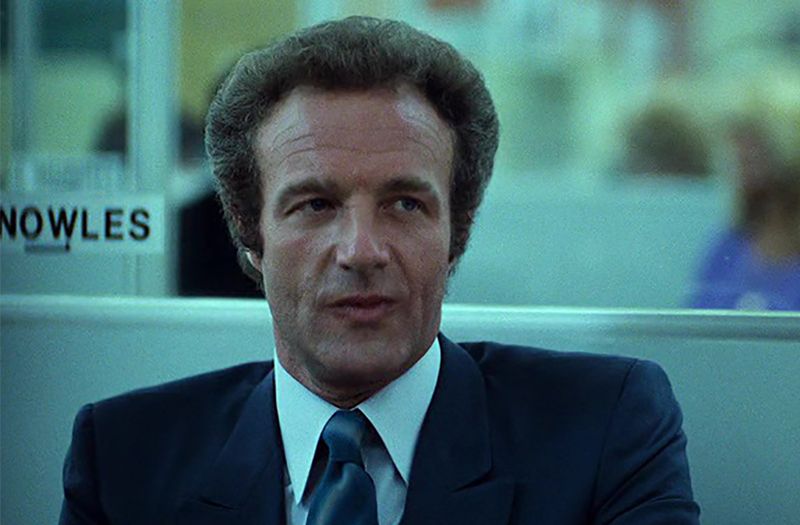
Producers originally offered James Caan the lead role of R.P. McMurphy in One Flew Over the Cuckoo’s Nest. Caan, however, passed on the project, leaving the door open for Jack Nicholson. Nicholson’s performance went on to win him an Academy Award and solidify the film as one of cinema’s greatest.
Caan later shrugged off the decision, saying he didn’t regret it. Still, it’s impossible not to wonder how his brash, tough-guy energy might have reshaped the story.
Sometimes a rejection isn’t a mistake but simply fate steering things toward the right actor at the right time. For Nicholson, it was career-defining; for Caan, just another “what if.”
17. Kevin Costner — Andy Dufresne (The Shawshank Redemption)
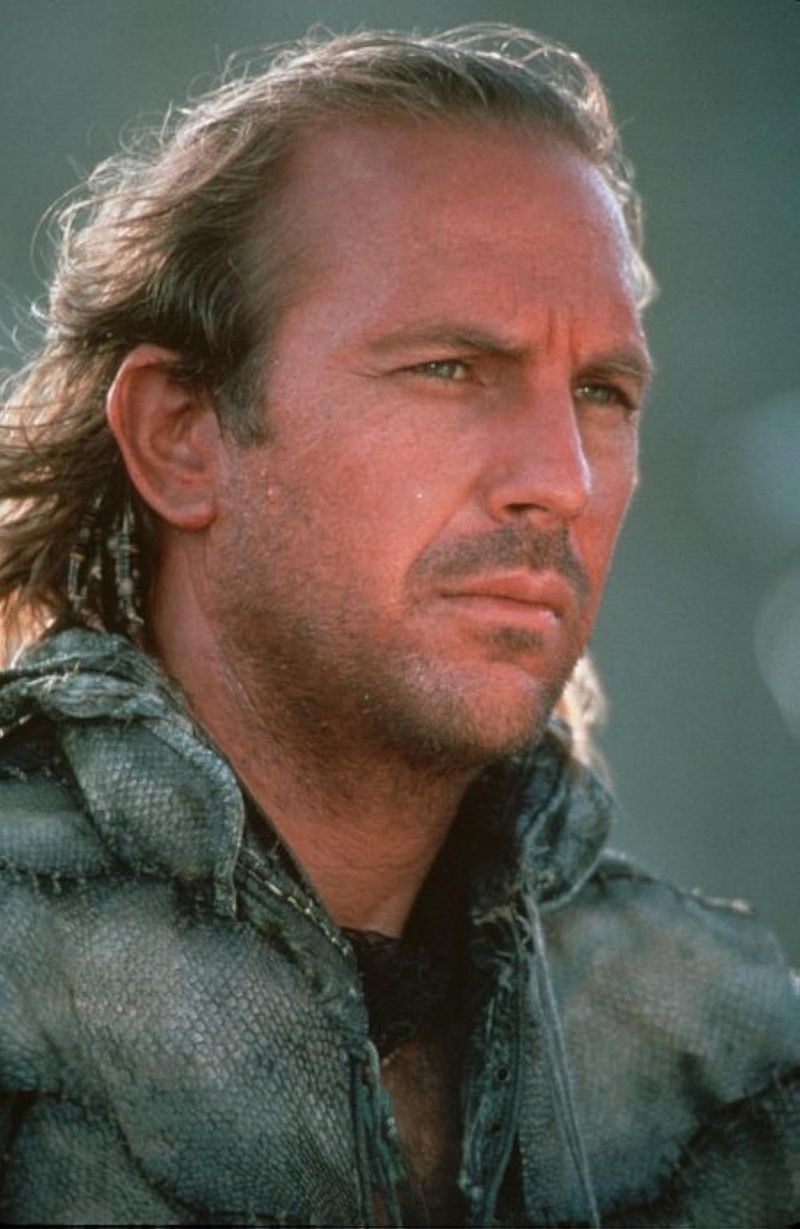
The Shawshank Redemption is now one of the most beloved films ever made, but Kevin Costner almost headlined it. He turned down the role of Andy Dufresne because he was deep into filming Waterworld, a project he believed would be his next big hit.
Of course, Waterworld turned into a box office punchline, while Shawshank slowly grew into a timeless classic.
Tim Robbins took the role and delivered a quiet, powerful performance that still resonates with audiences decades later. Costner later admitted that he respected Robbins’ take, but the decision is remembered as one of his biggest career missteps. It’s a lesson in betting on the wrong project.
18. Will Smith — Django (Django Unchained)
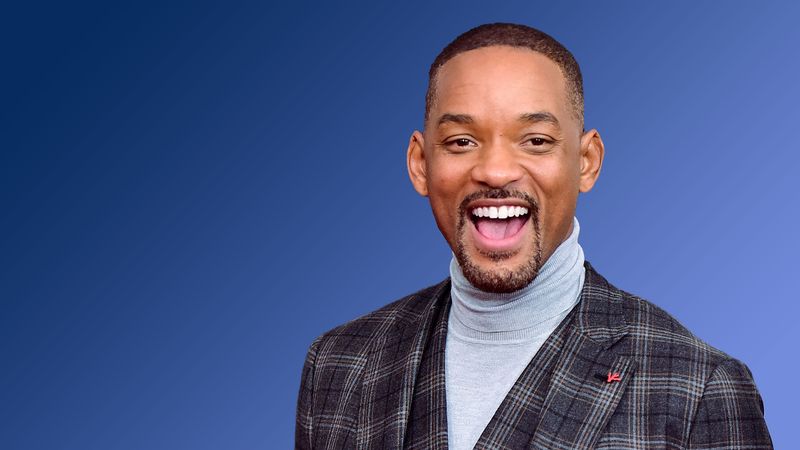
Quentin Tarantino wrote Django Unchained with Will Smith in mind, but the star wasn’t sold on the direction of the story. Smith wanted Django to be more central to the narrative and ultimately declined. He later explained that he didn’t feel the role was right for him.
Jamie Foxx stepped in and gave a commanding performance that earned both critical and audience acclaim. For Smith, it was another high-profile pass that sparked endless speculation about what his version of Django might have looked like.
While Foxx’s portrayal was unforgettable, fans still debate whether Smith’s charisma could have taken the movie in a different direction.
19. Josh Hartnett — Bruce Wayne/Batman (Batman Begins)
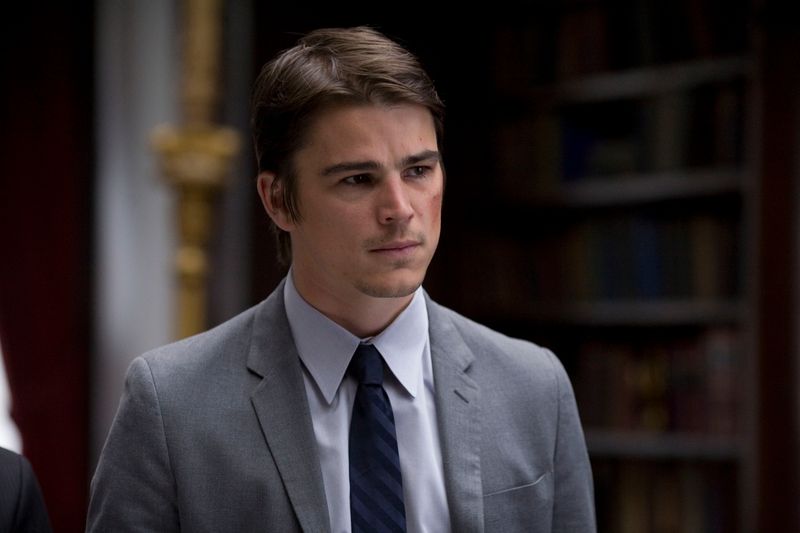
Back in the early 2000s, Josh Hartnett was considered one of Hollywood’s brightest young stars. He was even offered the chance to play Batman in Christopher Nolan’s Batman Begins. Hartnett turned it down, reportedly because he didn’t want to be tied down by a long-term franchise commitment.
That choice left the role open for Christian Bale, who went on to redefine Batman for a new generation. While Hartnett has since enjoyed a solid career, it never reached the blockbuster heights many expected.
The rejection is often cited as the moment when he stepped away from superstardom, proving that sometimes caution can come at a cost.
20. Joaquin Phoenix — Doctor Strange (Doctor Strange)
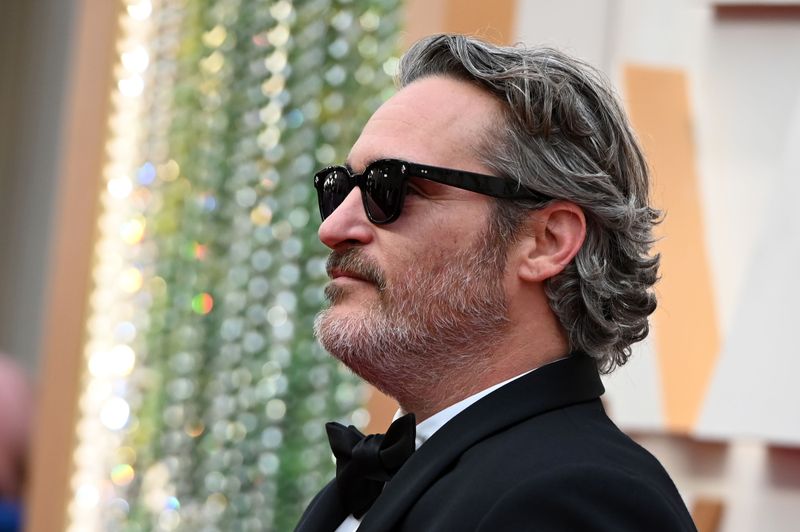
Marvel nearly cast Joaquin Phoenix as Doctor Strange before Benedict Cumberbatch came along. Phoenix, however, wasn’t comfortable with the long-term commitment Marvel demands of its actors. He preferred more freedom to explore different kinds of roles rather than being tied to a massive franchise.
Cumberbatch embraced the opportunity, and his Doctor Strange became a cornerstone of the Marvel Cinematic Universe. Phoenix, meanwhile, went on to win an Oscar for Joker, proving that he made the right choice for himself.
Still, the idea of Phoenix conjuring spells and bending reality remains a fascinating alternate universe for Marvel fans to imagine.
21. Eddie Murphy — Winston Zeddemore (Ghostbusters)
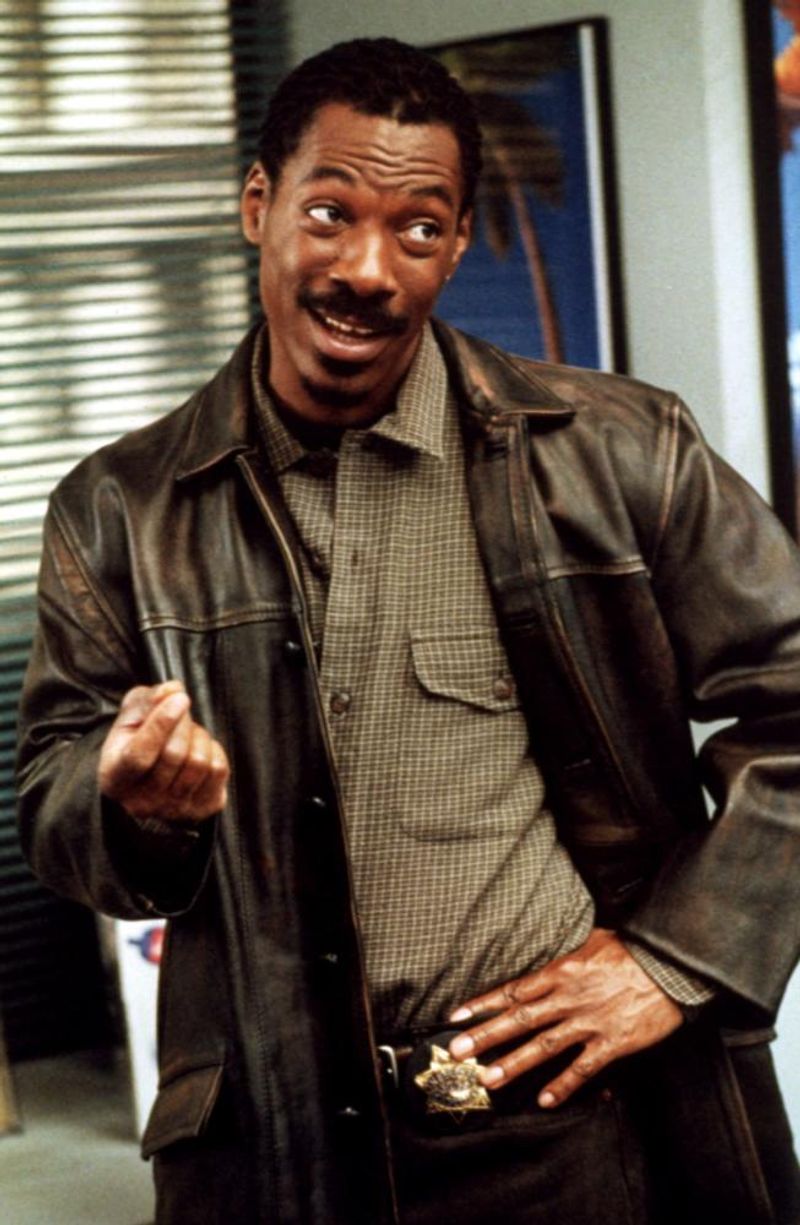
When Ghostbusters was being developed, Eddie Murphy was approached to play Winston Zeddemore. At the time, Murphy was already skyrocketing thanks to hits like Beverly Hills Cop. He turned the role down because he was committed to other projects.
Ernie Hudson eventually took the part, and the film became a cultural phenomenon. Murphy didn’t need the role to stay on top, but it’s fun to think about his energy mixed with Bill Murray and Dan Aykroyd.
The rejection didn’t hurt Murphy’s career in the slightest, but it left us with a “what if” that still entertains movie fans decades later.
22. Billy Crystal — Buzz Lightyear (Toy Story)
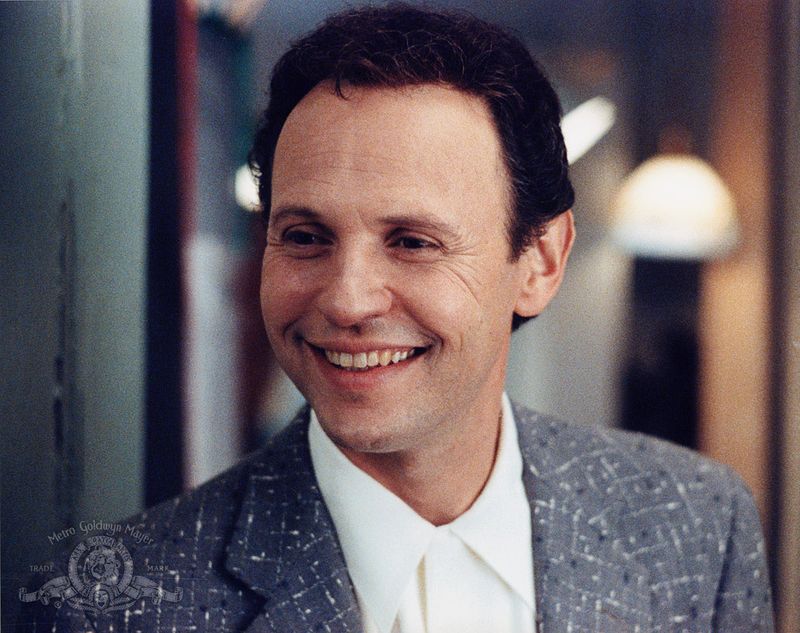
Pixar originally wanted Billy Crystal to voice Buzz Lightyear in Toy Story. Crystal declined, later saying he didn’t think the concept of the movie would work. The part eventually went to Tim Allen, whose performance became instantly iconic.
When Toy Story became a groundbreaking success, Crystal regretted his decision. Pixar gave him another shot later by casting him as Mike Wazowski in Monsters, Inc., which turned into one of his most beloved roles.
In the end, his rejection turned into a detour rather than a dead end, but it remains a classic example of underestimating the potential of animation.
23. Heath Ledger — Batman (Batman Begins)
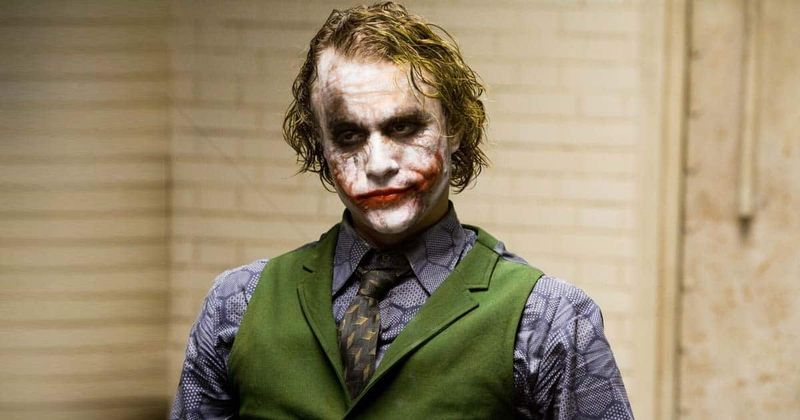
Before Christian Bale suited up as the Caped Crusader, Christopher Nolan considered Heath Ledger for the role. Ledger turned it down, saying he wasn’t interested in superhero films at that stage of his career.
Ironically, Ledger later accepted Nolan’s offer to play the Joker in The Dark Knight. His chilling, Oscar-winning performance became one of the most legendary portrayals in movie history.
The fact that he first rejected Batman makes his eventual role as the Joker even more iconic. Sometimes passing on one part leads to finding the role an actor was truly meant to play.
24. Angela Bassett — Leticia Musgrove (Monster’s Ball)
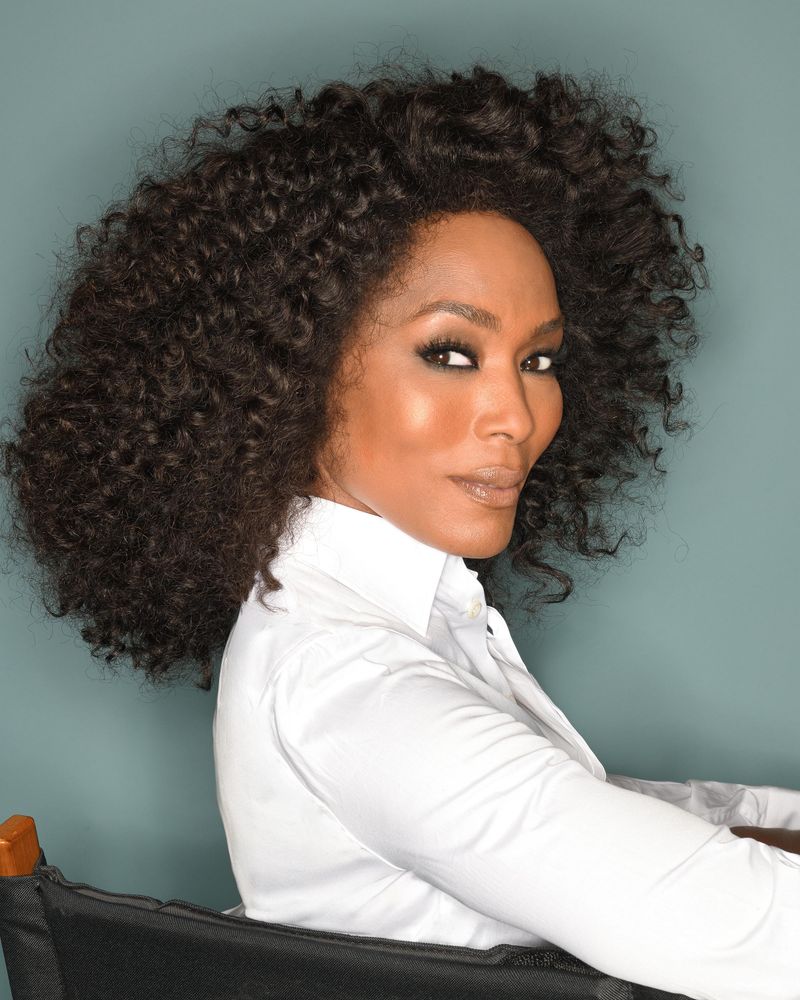
Halle Berry made history with her Academy Award–winning performance in Monster’s Ball, but the role was first offered to Angela Bassett. She turned it down because she didn’t feel comfortable with the explicit nature of the character and story.
Berry’s portrayal became groundbreaking, marking the first time a Black woman won the Oscar for Best Actress. Bassett’s rejection sparked some debate at the time, but she has said she doesn’t regret her decision.
Still, it remains a pivotal moment in Hollywood history, where one actor’s discomfort gave another the chance to make history.
25. Mark Wahlberg — George Kirk (Star Trek (2009))
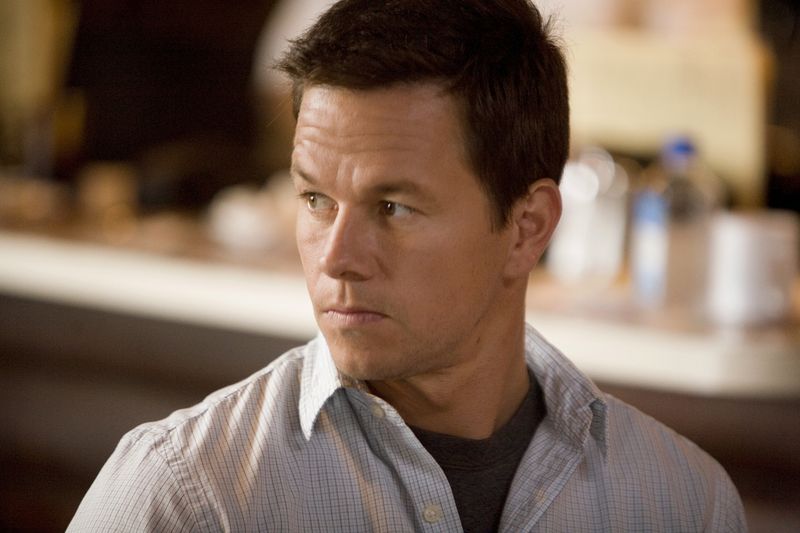
J.J. Abrams reached out to Mark Wahlberg for the role of George Kirk, Captain Kirk’s father, in the Star Trek reboot. Wahlberg passed on it because he didn’t fully understand the script and wasn’t interested.
The role went to Chris Hemsworth in what became a breakout moment for his career. That small but powerful role introduced Hemsworth to Hollywood and eventually led to him being cast as Thor in the Marvel Cinematic Universe.
Wahlberg didn’t miss out on superstardom — he already had it — but his rejection inadvertently paved the way for another actor’s rise.
26. John Lithgow — The Joker (Batman, 1989)
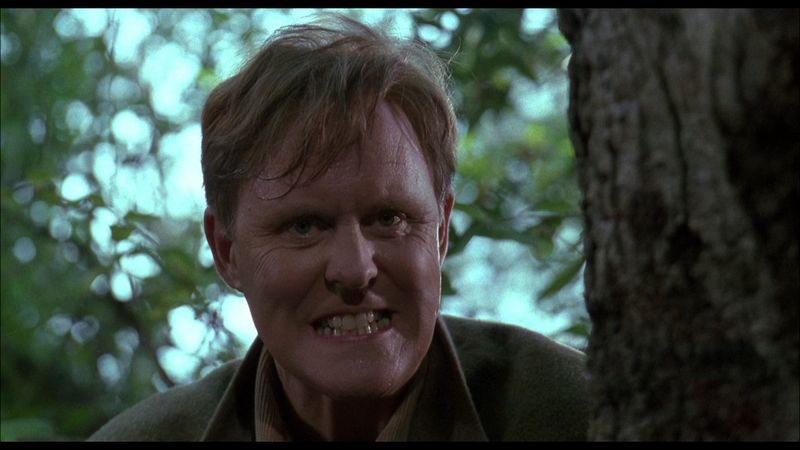
When Tim Burton was casting Batman, John Lithgow was a contender for the Joker. He declined, saying he didn’t feel right for the part and tried to talk Burton out of casting him.
Jack Nicholson ultimately accepted the role, and his manic performance defined the Joker for a generation. Lithgow later admitted that passing on it might have been a mistake, but he went on to enjoy a rich career in both film and television.
Still, the thought of Lithgow’s theatrical style as Gotham’s Clown Prince of Crime is an intriguing Hollywood “what if.”
27. Toshiro Mifune — Obi-Wan Kenobi (original Star Wars)
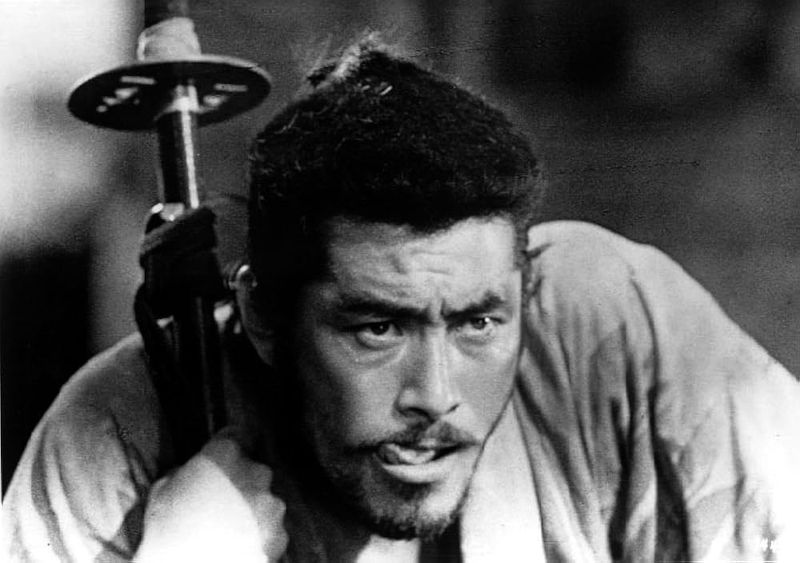
George Lucas admired Japanese cinema and approached legendary actor Toshiro Mifune to play Obi-Wan Kenobi. Mifune declined, worried that Star Wars might cheapen the samurai tradition he valued so deeply.
The role went to Alec Guinness, who brought gravitas and wisdom to the Jedi master. Guinness’s portrayal earned him an Academy Award nomination and helped shape Star Wars into the mythic saga it became.
While Mifune remained a towering figure in Japanese film, his rejection stands as one of the most fascinating cross-cultural Hollywood near-misses.
28. Pierce Brosnan — Batman (Burton’s 1989 film)
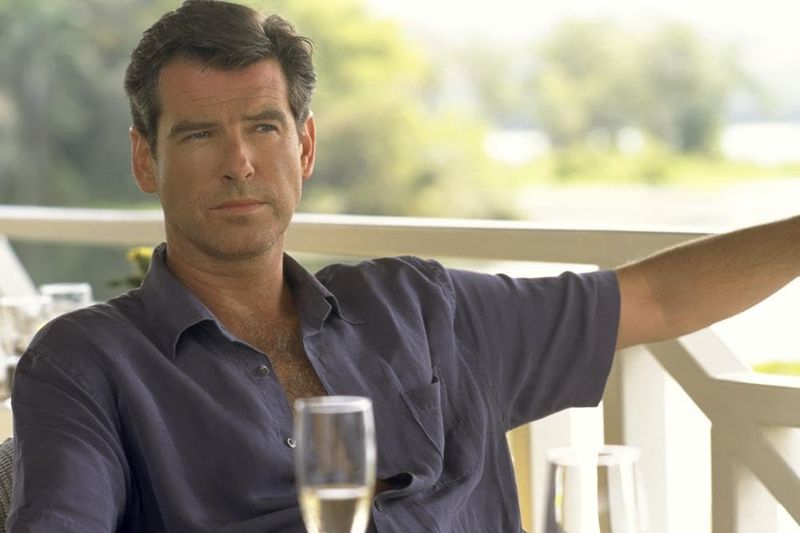
Before Michael Keaton was chosen, Tim Burton considered Pierce Brosnan for Batman. Brosnan turned it down because he couldn’t take the idea of a man running around in a bat suit seriously.
Keaton’s casting initially sparked controversy but ultimately won audiences over, and the film became a blockbuster hit. Brosnan eventually got his shot at franchise stardom as James Bond in the 1990s.
Still, his dismissal of Batman remains one of those funny Hollywood anecdotes where skepticism turned into a missed opportunity.
29. Molly Ringwald — Vivian Ward (Pretty Woman)
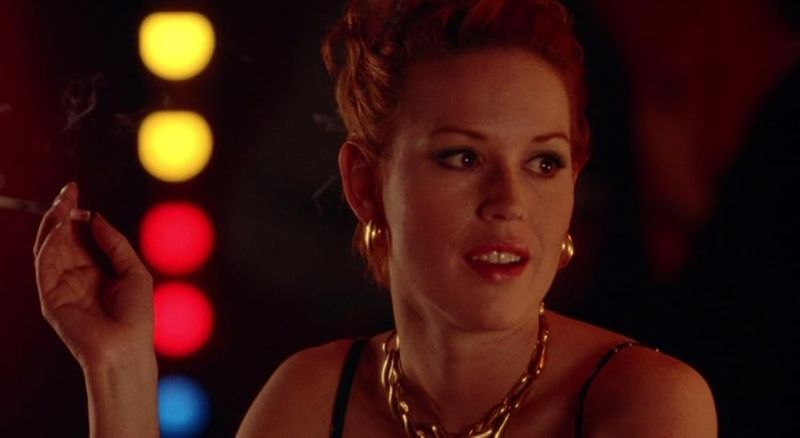
When Pretty Woman was in development, Molly Ringwald was offered the lead role of Vivian Ward. She declined, reportedly uncomfortable with playing a sex worker on screen.
Julia Roberts took the role and delivered the performance that made her America’s sweetheart. Roberts went on to win an Oscar later in her career, but it was Pretty Woman that launched her into the stratosphere.
Ringwald’s decision shows how one actor’s hesitation can become another’s defining moment. Looking back, it’s impossible to imagine anyone else opposite Richard Gere.
30. Gene Hackman — Hannibal Lecter (The Silence of the Lambs)
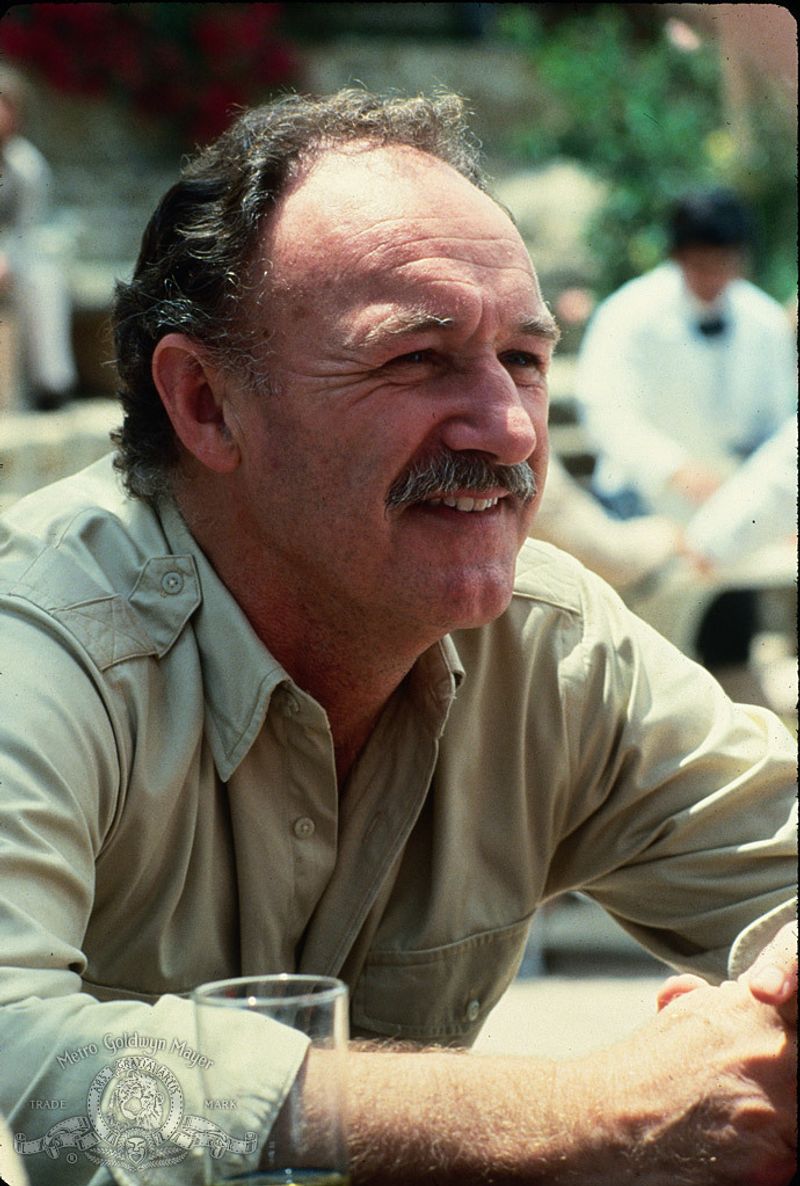
Initially, Gene Hackman was slated to direct and star in The Silence of the Lambs as Hannibal Lecter. He dropped out, uncomfortable with the violent and disturbing material.
Anthony Hopkins stepped in, and his chilling portrayal won him an Academy Award and cemented Lecter as one of cinema’s greatest villains. Hackman’s career was already legendary, but his rejection left room for one of the most unforgettable performances in film history.
It’s proof that sometimes saying no clears the way for pure cinematic magic.

Comments
Loading…